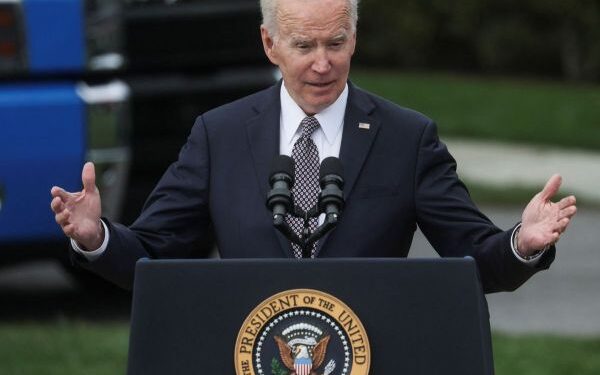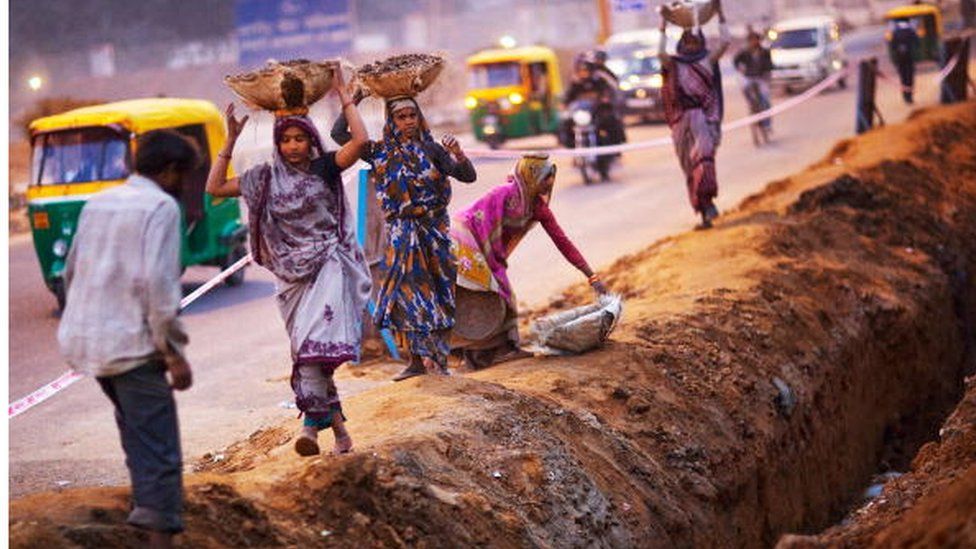Information reaching DNT suggests that the United States Homeland Security (DHS) under the Trump administration devised a policy that sought to place countries, including Ghana, on the Terrorism Watchlist.
The basis for this placement was that nationals of those countries overstayed their student visas in the United States.
It took the obscure work of the Ghana Diaspora Public Affairs Collective (PAC) led by Adwoa Adofo Kyremateng and Kim Afoakwa to write protest letters to the DHS to avert that placement.
President of the GD-PAC Adwoa Adofo Kyremateng recalled that “we wrote a long comment letter arguing that the was no basis for this policy proposal” after researching on the matter.
The GD-PAC further argued to the DHS along with the reminder of Ghana’s status as a strategic ally to the United States to successfully cause a withdrawal of the policy proposal.
In an exclusive interview with DNT to discuss the Ghana diaspora PAC’s work towards the formation of Congressional Ghana Caucus, Adofo and Afoakwa intimated that lobbying entails more than just shaking hands and having coffee meets.
The Ghana Diaspora PAC has two arms – the charitable arm that work discreetly to, among other things, protect undocumented Ghanaian from illegal deportation, and the Political Action Committee arm that engages federall political players in the interest of Ghana.
It may be recalled that Trump’s disdain for countries, especially those in Africa, was reflected in a leaked conversation during with he referred to African countries as “S___hole countries.”
It is unclear if any country would have evaded the said Terrorist Watchlist given that almost every country on the planet has students in the United States with a good number of them overstaying their visas at some point.
DNT News, Martha’s Vineyard, MA, USA



.jpg)






